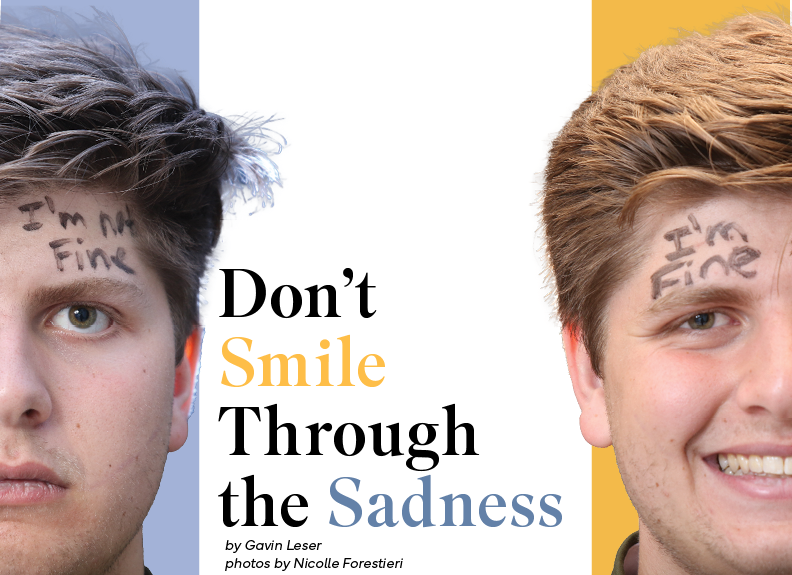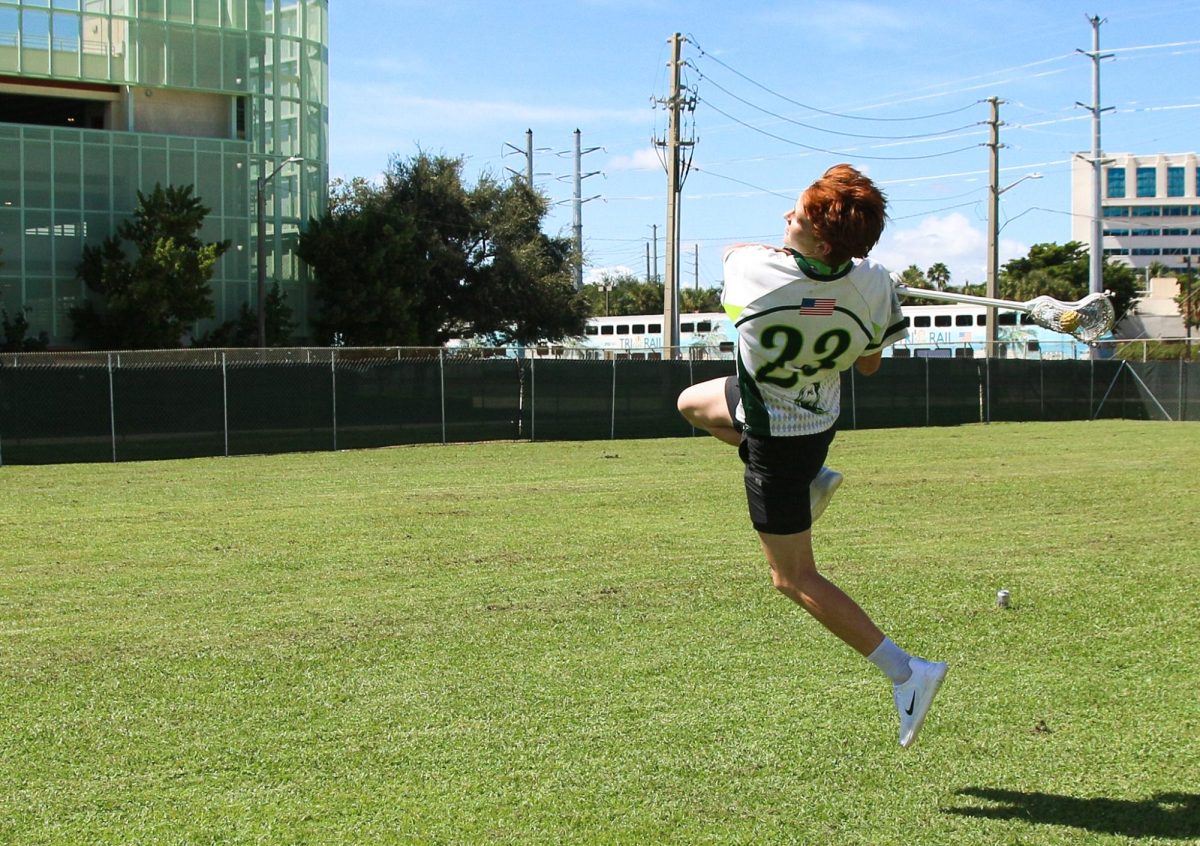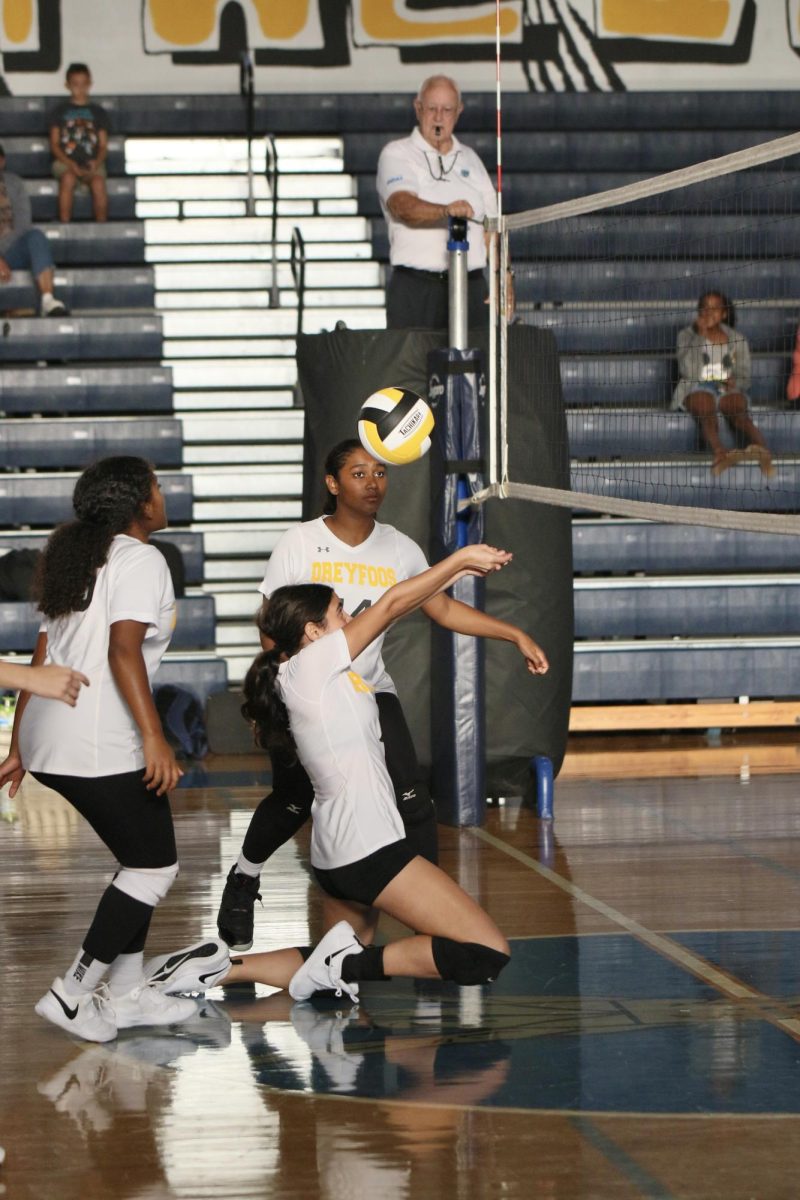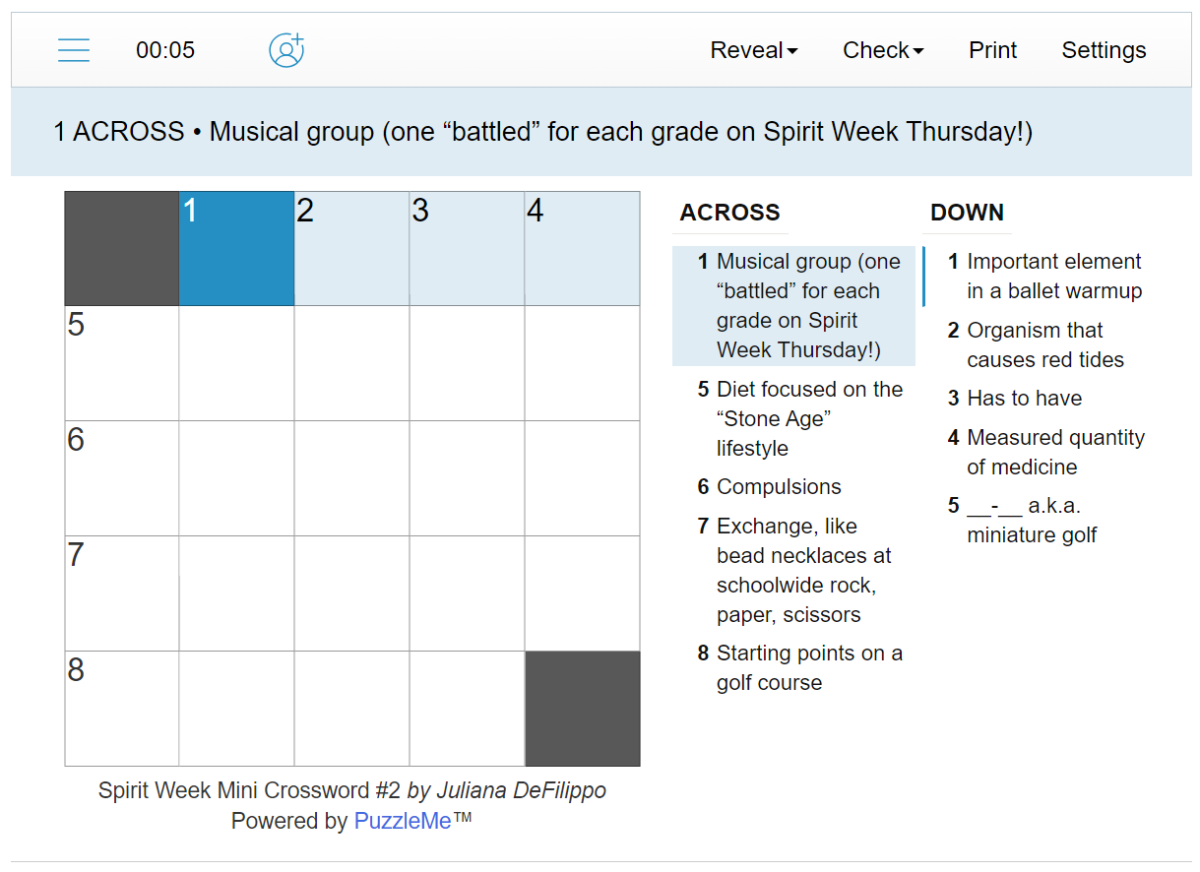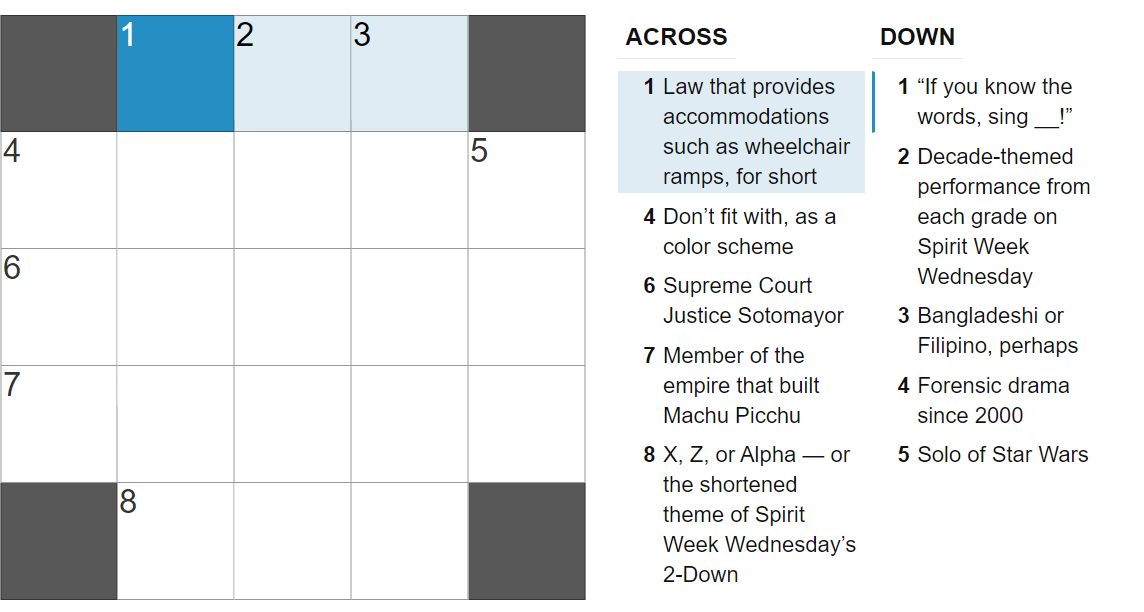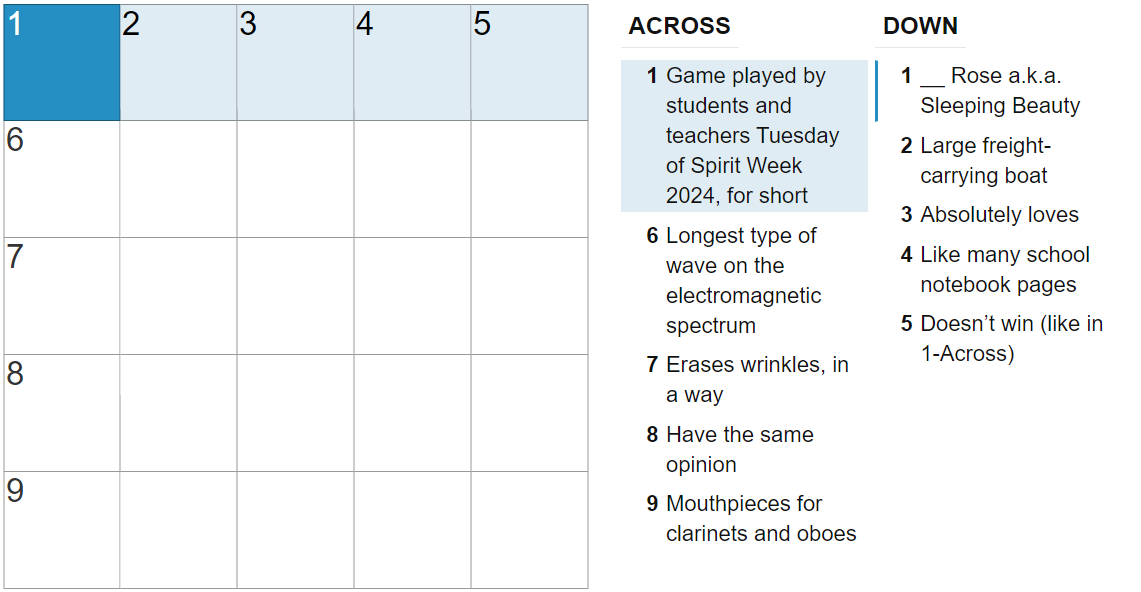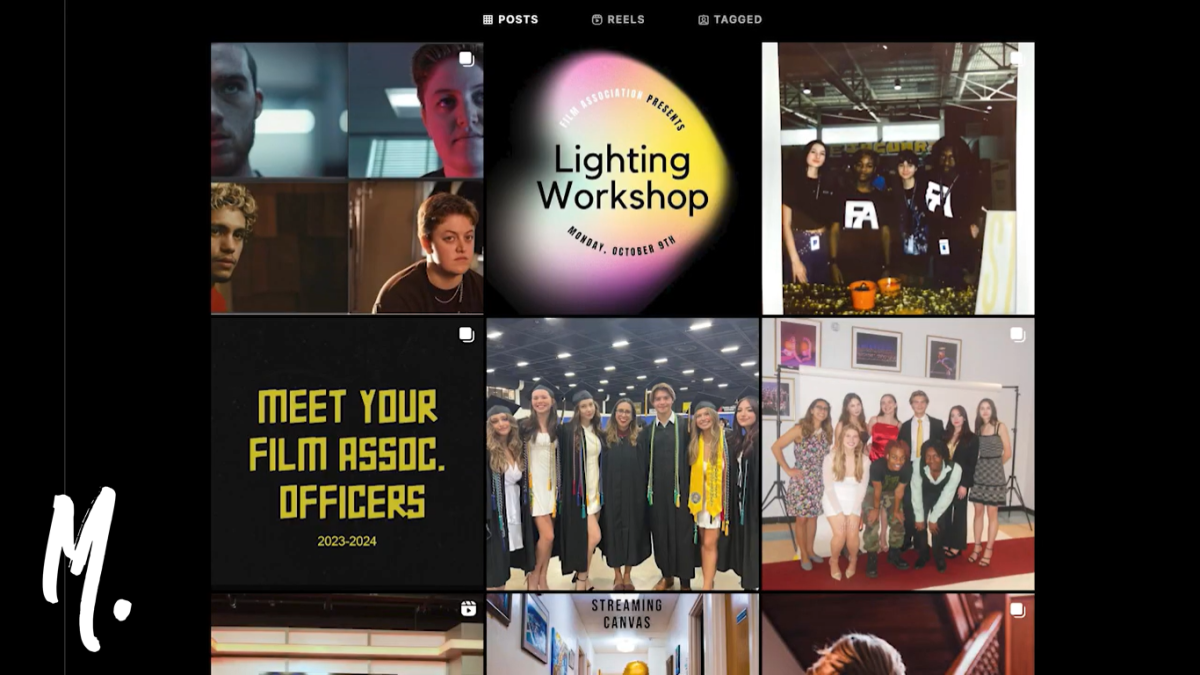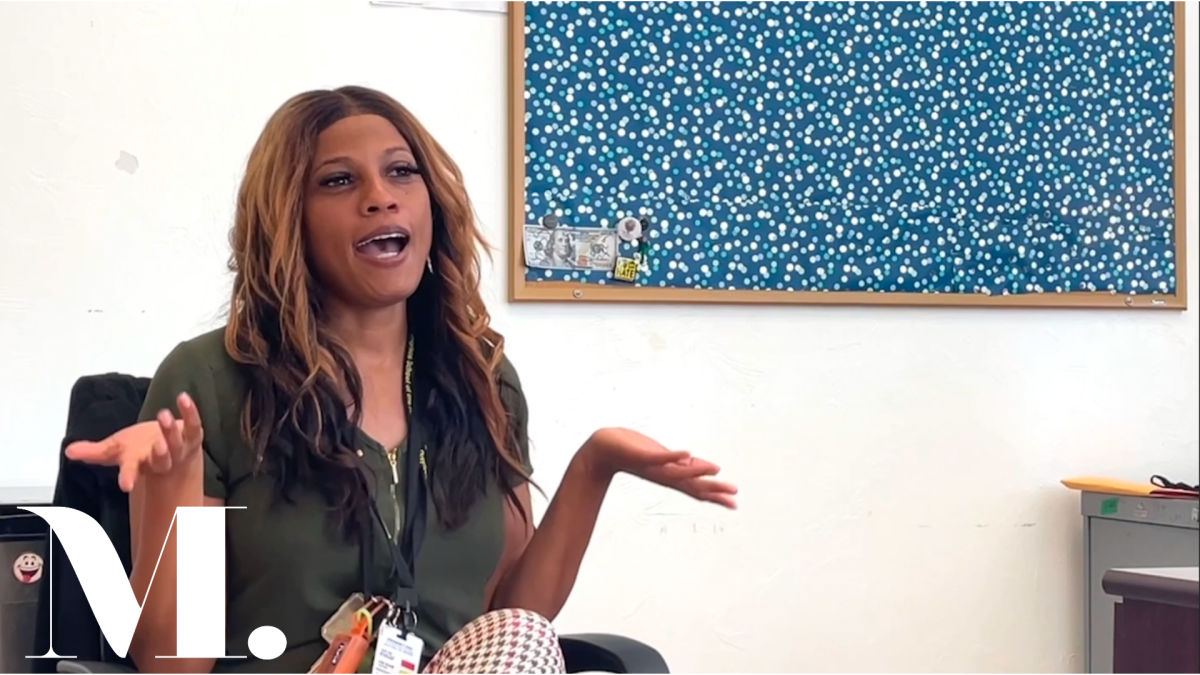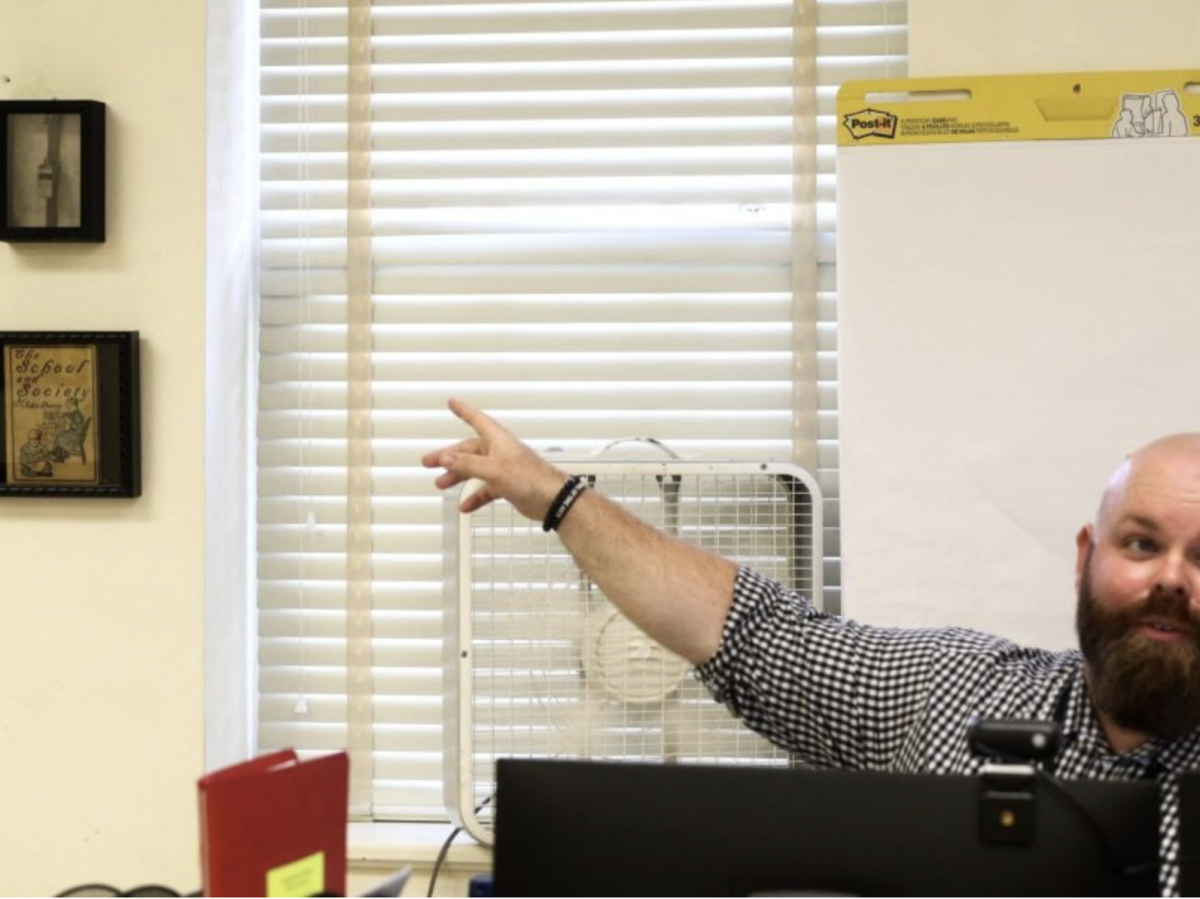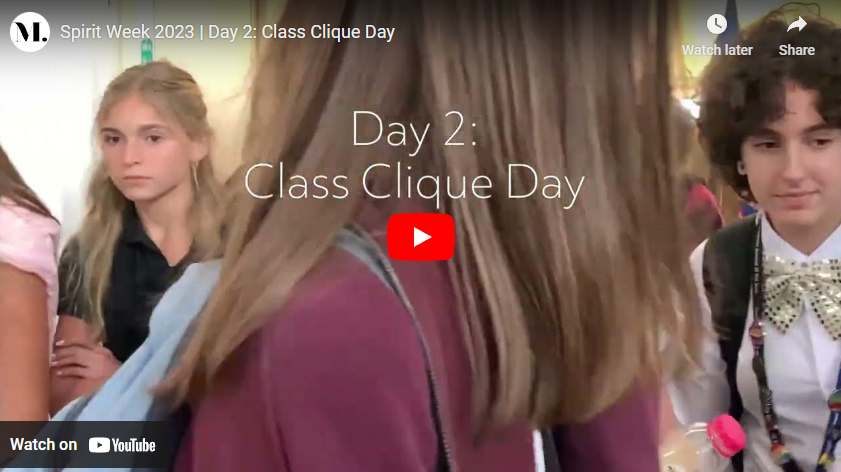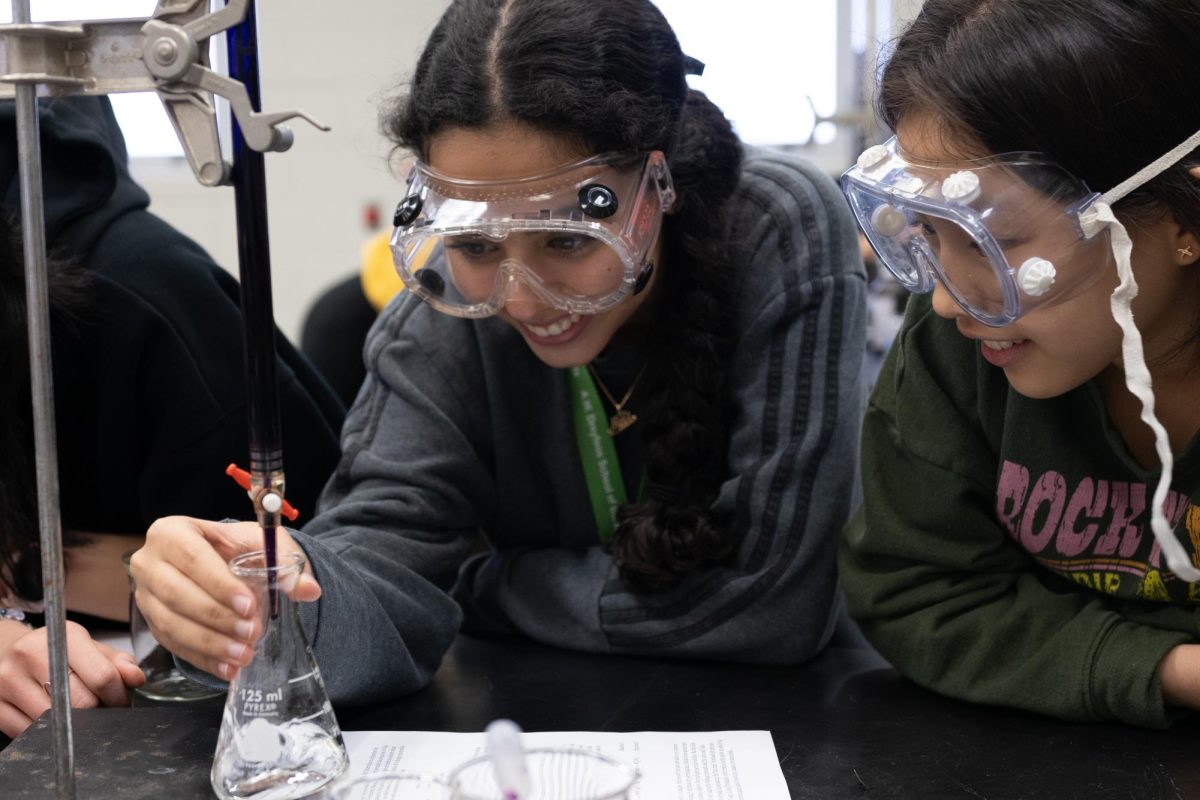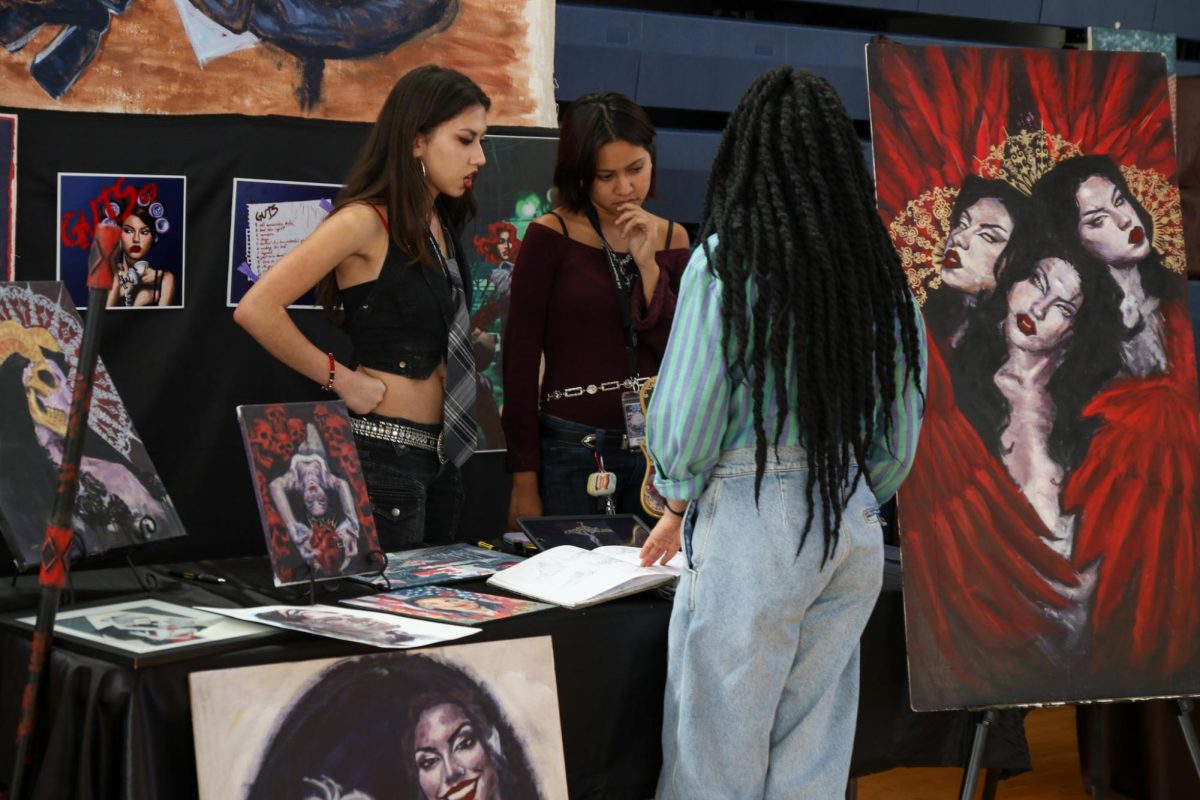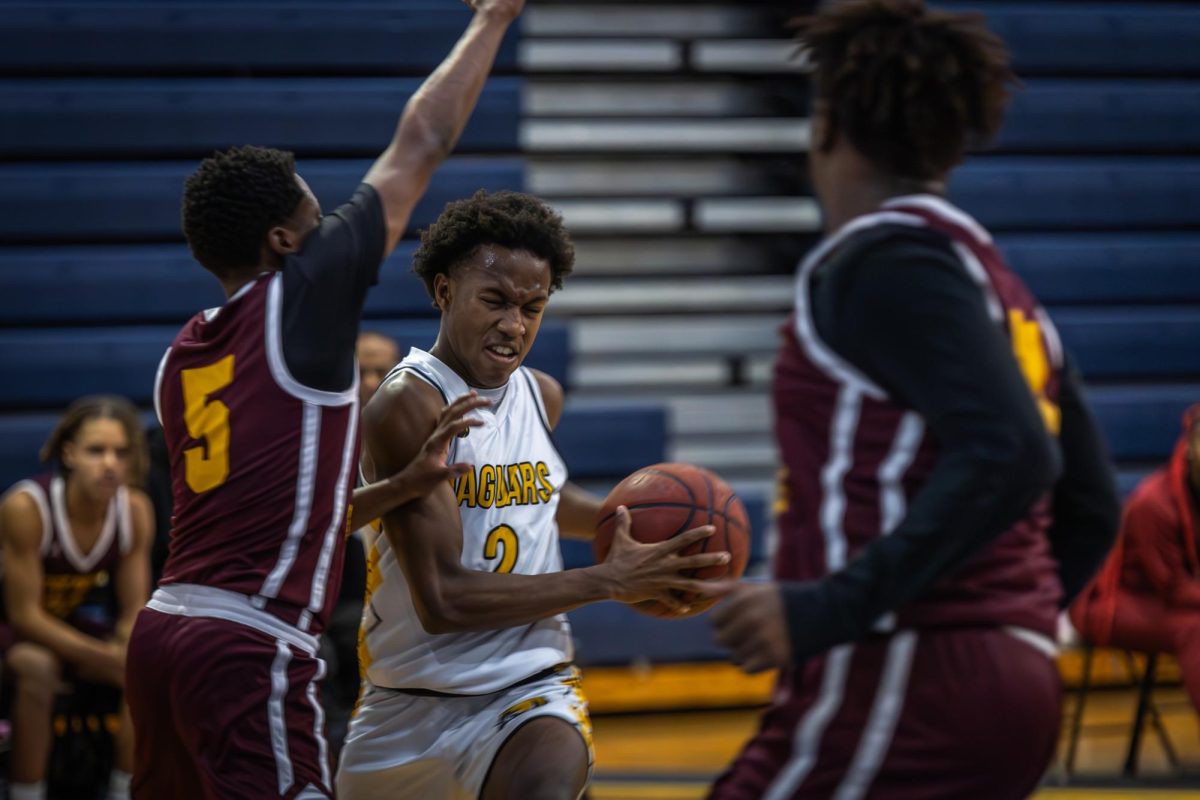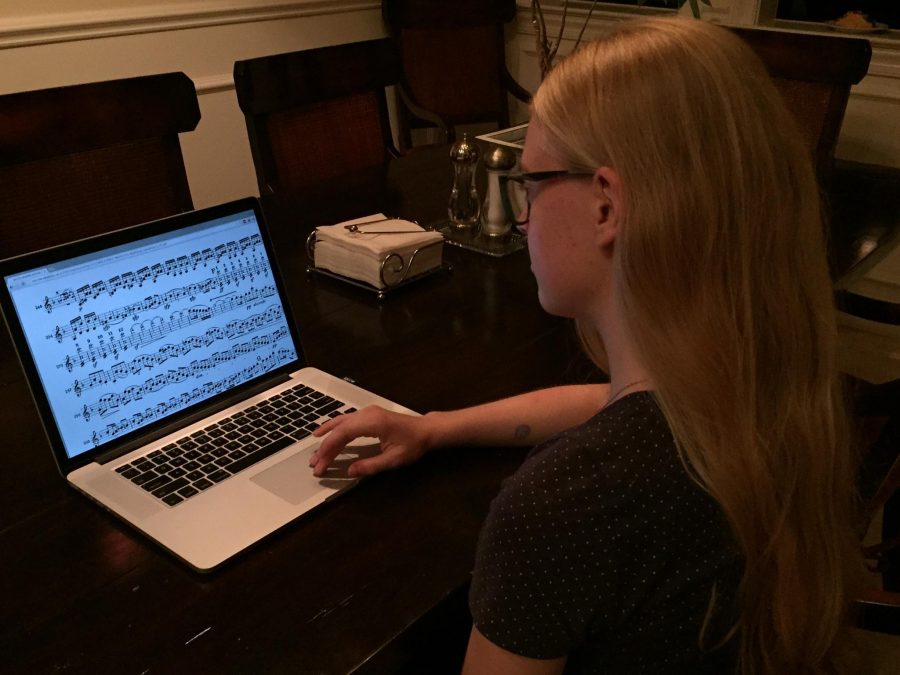Band
Band majors appear before the orchestra or band director and proceed to play seven scales. Juries become more difficult as students progress in grade level. A band freshman only needs to know major scales, but as a sophomore, for example, they must know their harmonic minor scales as well. After, band majors perform etudes and solos. Juries play a large role in determining what orchestra students get placed in.
Communications
Communications is unique because there are several different classes on different subjects, and each class has its own jury. Debate classes have a final presentation that they spend the last quarter preparing for. They must write a speech that undergoes edits and present it in front of the class. Film juries are a final video project. Some classes are filming an adaptation of a book or movie of choice. For TV Production, students must film an intro for the video announcements. Creative Writing involves describing the writing process of a poem and defining five terms that relate to playwriting. Marquee and Seeds both have portfolios. These portfolios contain examples of the work students have done throughout the year, as well as several essays. Of course, last but not least, The Muse also has a portfolio. The Muse portfolio holds every story the student has written, critiques of the newsmagazine, and many essays.
Dance
Dance students participate in a normal dance class, but the pressure is high. Dance teachers walk around and critique students. Students are then graded on a scale of one to five, with five being the best. Dance majors usually perform two different kinds of dances: one ballet and one modern dance.
Digital
Digital juries consist of a presentation. Students compile all the assignments they’ve done within the past year. They then put the work together and present it in front of the class. After, students receive feedback from peers and teachers on how to improve their artwork. Also, teacher make sure that students have filled a sketchbook. Digital juries often take place in classes of mixed grade levels. While the jury details vary based on the class, the compilation of all assignments is a requirement.
“Juries can be exciting because that is when you get to watch what everyone else has been doing throughout the year, and it’s a great way to get inspiration,” digital junior Yu-Hua Golnick said.
Piano
Piano majors must learn and perfect a piece, and be able to perform all of their scales. During the jury, the student will be asked to preform three scales at random, and will be judged based on how well they have memorized and performed them. They also have to be able to talk about the composer and the life of the composer who wrote the scale or musical piece.
Strings
Strings juries consist of multiple parts. First, strings students play a rehearsed repertoire in front of two judges. This usually includes a solo, three octave scales, arpeggio sequences and spiccato scales. Students also have to submit two reviews of a music concert. As students advance in grade level, the juries become more rigorous. For example, a senior may have to play several scales but a freshman may play one. Strings majors can also play excerpts during their jury to determine if a student is eligible to be in the philharmonic orchestra. Strings majors do not have to perform their juries in front of peers.
Theatre
Each month, theatre majors submit a character analysis, which is an extensive paper on the character they are playing. They choose three pieces, any of which can be chosen by the students’ theatre teacher and they are to preform that piece. These pieces can vary, depending on if students would like to preform monologues or songs. Theatre majors also require a minimum of 50 department service hours per semester.
Visual
Throughout the year, visual majors are given assignments to create pieces, and are expected to make art related to their concentrations. At the end of the semester, they must pick a variety of pieces from the year and digitally document them to present to their class and at least two teachers from the department. These teachers and the class critique the work, and the student jurying hands in a full sketch book for further grading. Different visual classes’ juries vary depending on the teachers who are teaching the class.
Vocal
Vocal majors are required to memorize a minimum of three songs. The language of the song depends on what grade the student is in. The students’ teacher picks one of the three previously selected songs, and the student must perform it for a panel of three judges. If the students are given a song in a language that is not their own, they also must be able to translate it into their native language.




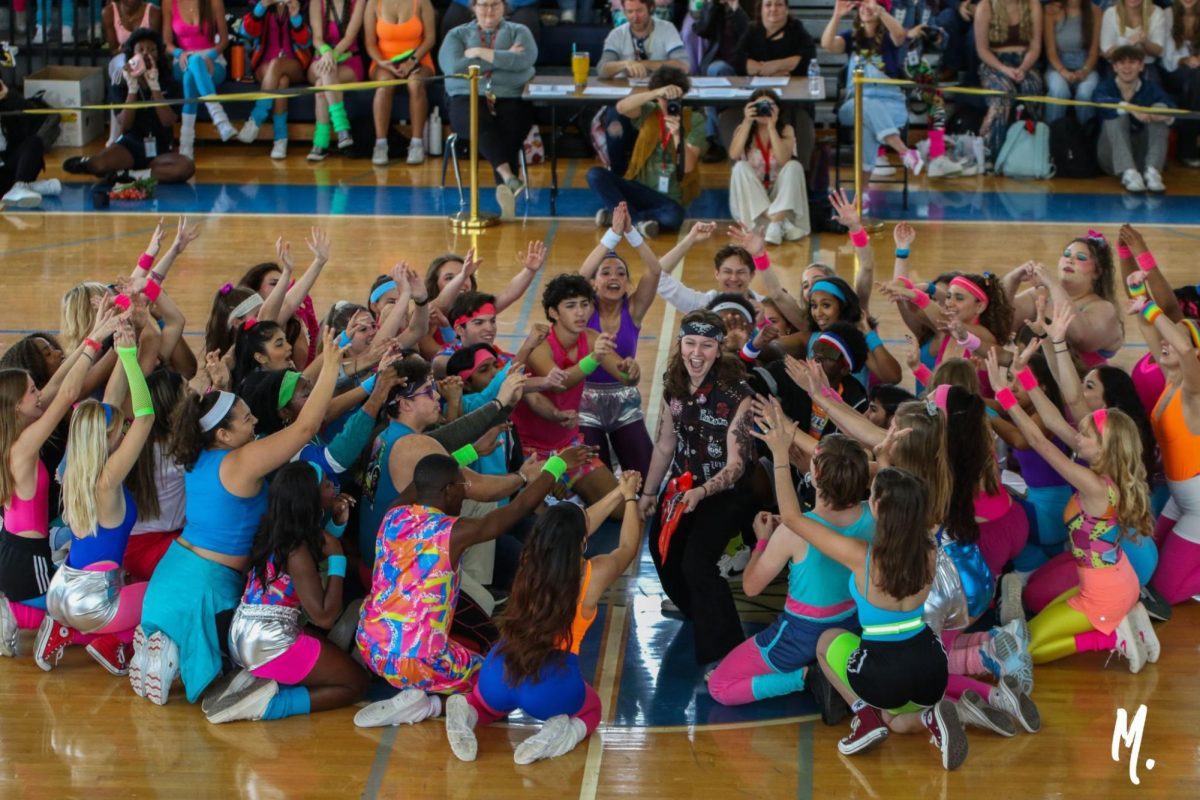
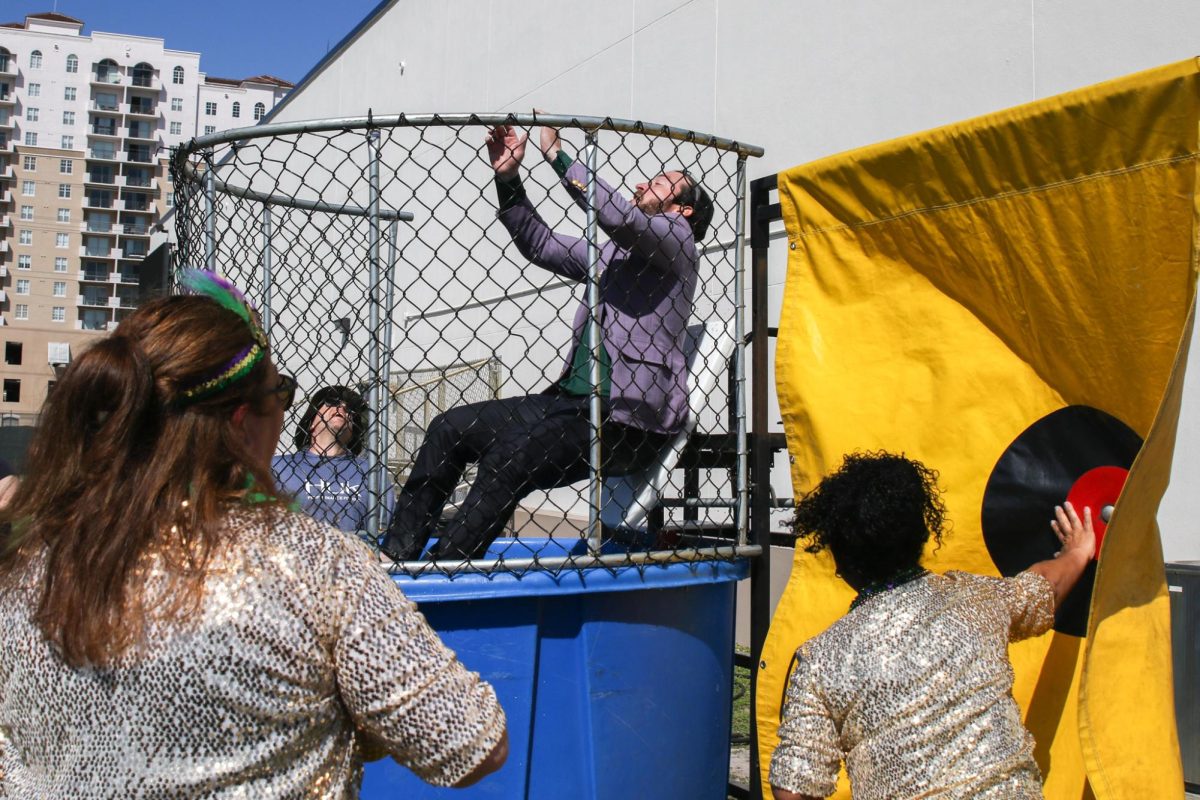
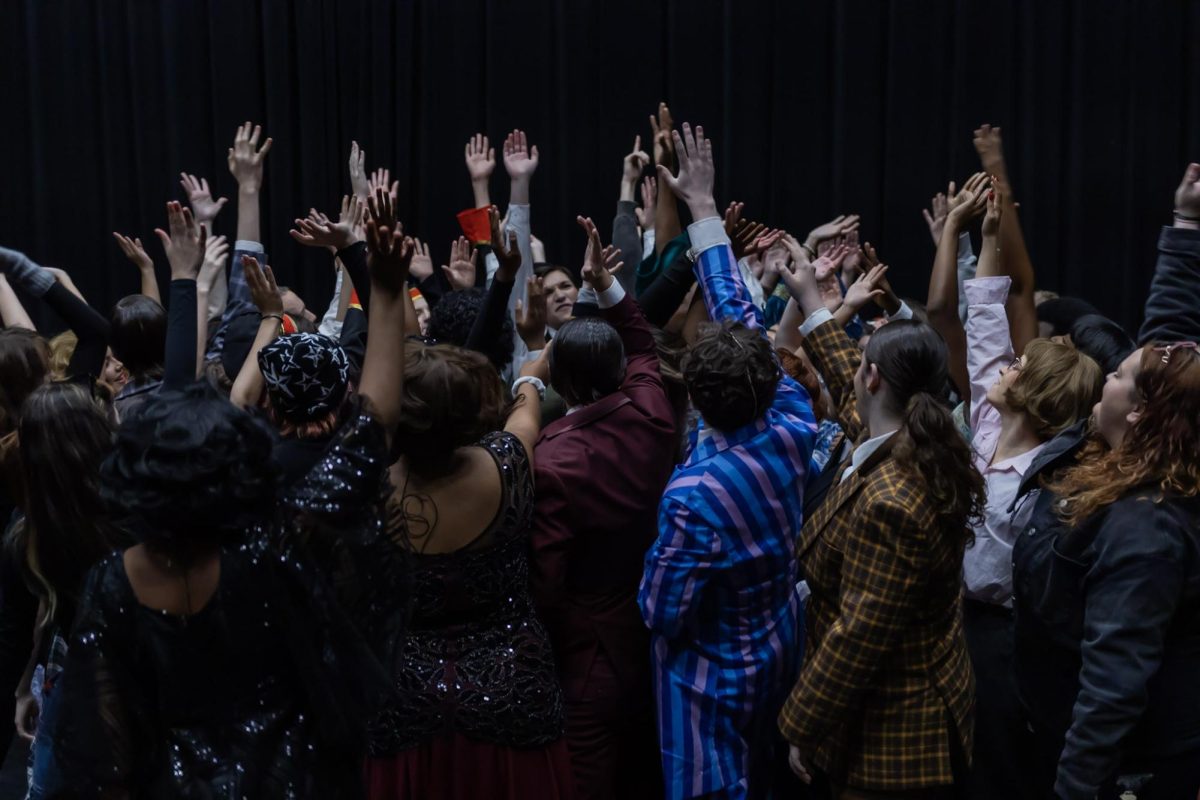
![[BRIEF] Fire Alarm Interrupts Class](https://www.themuseatdreyfoos.com/wp-content/uploads/2023/10/breaking-news-1200x927.png)
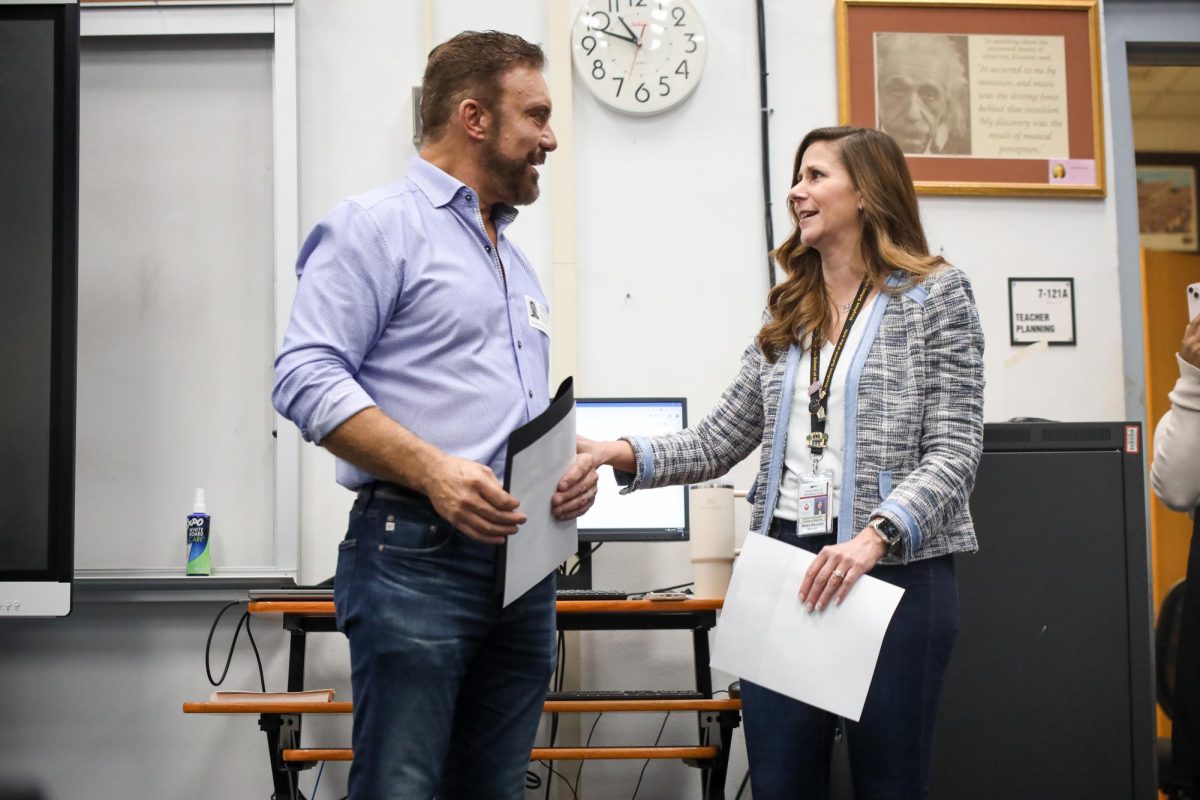
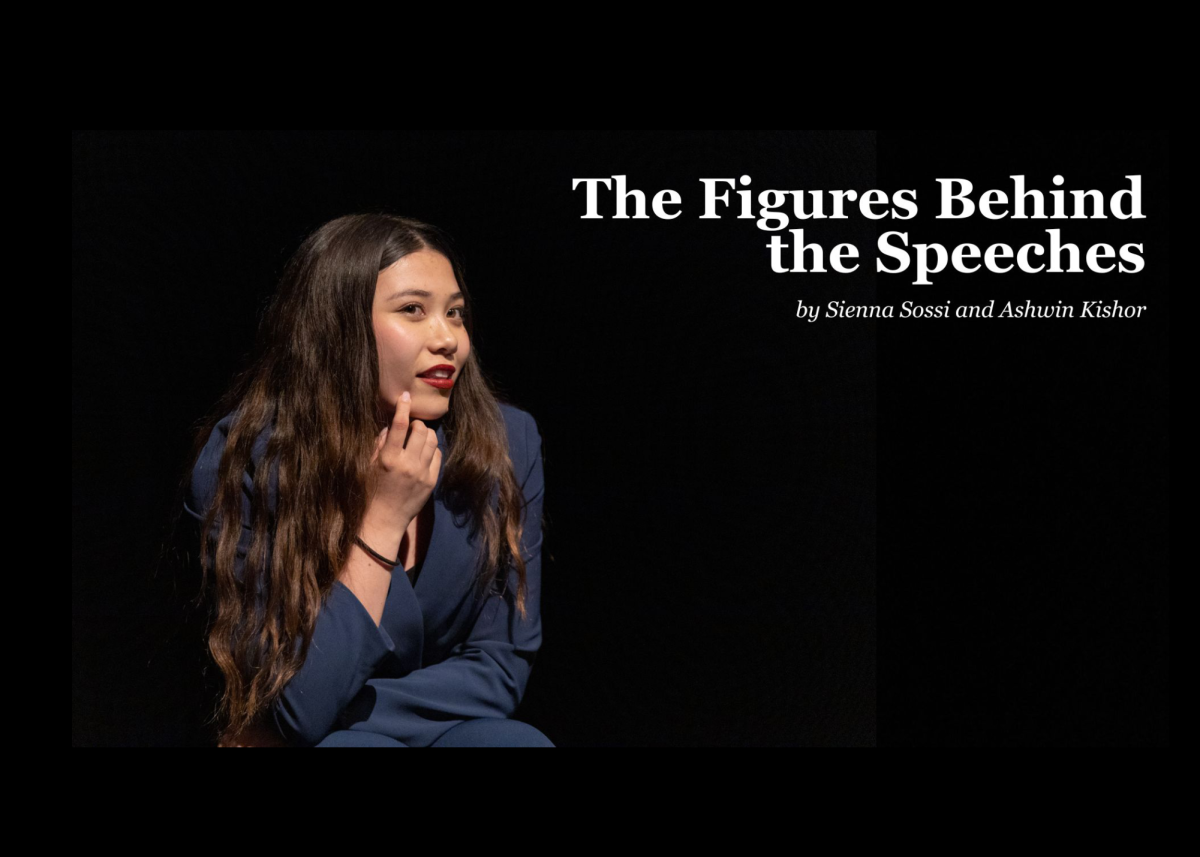
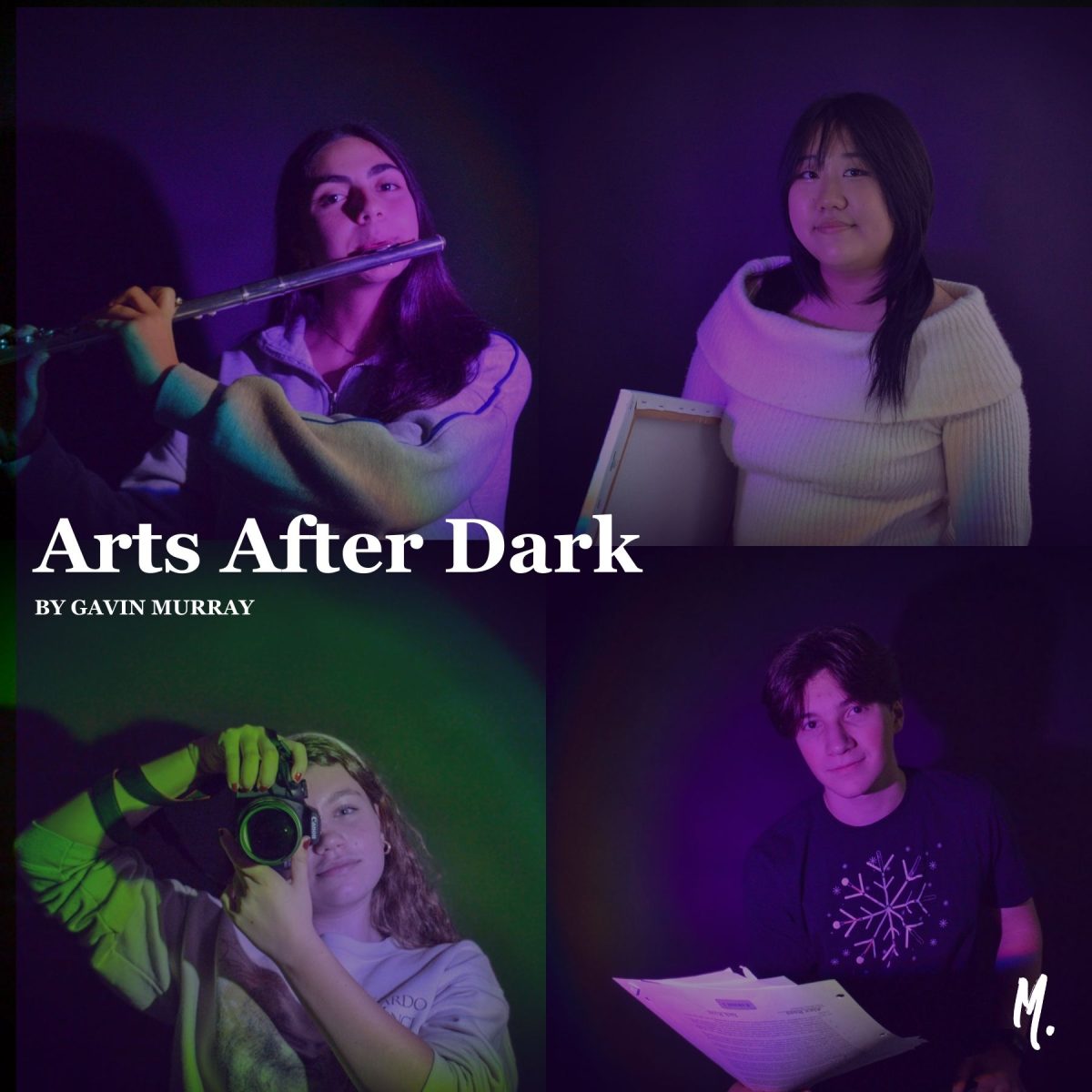
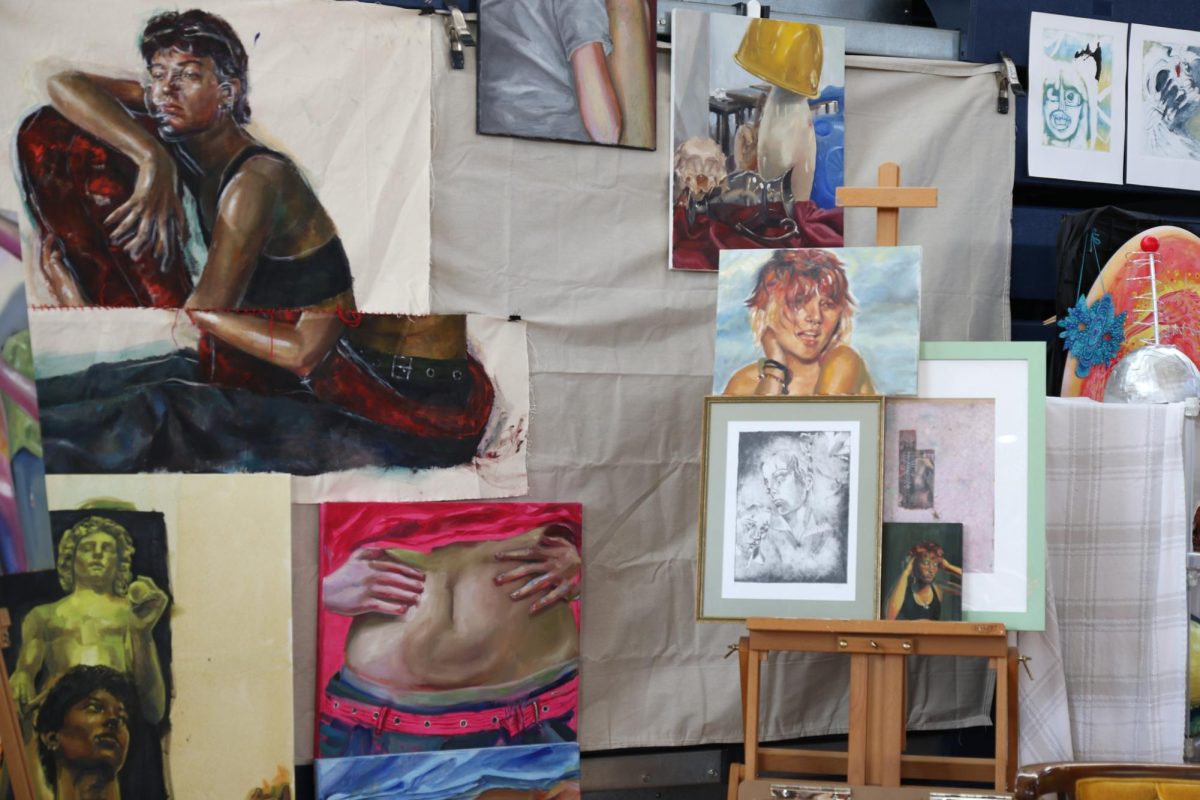

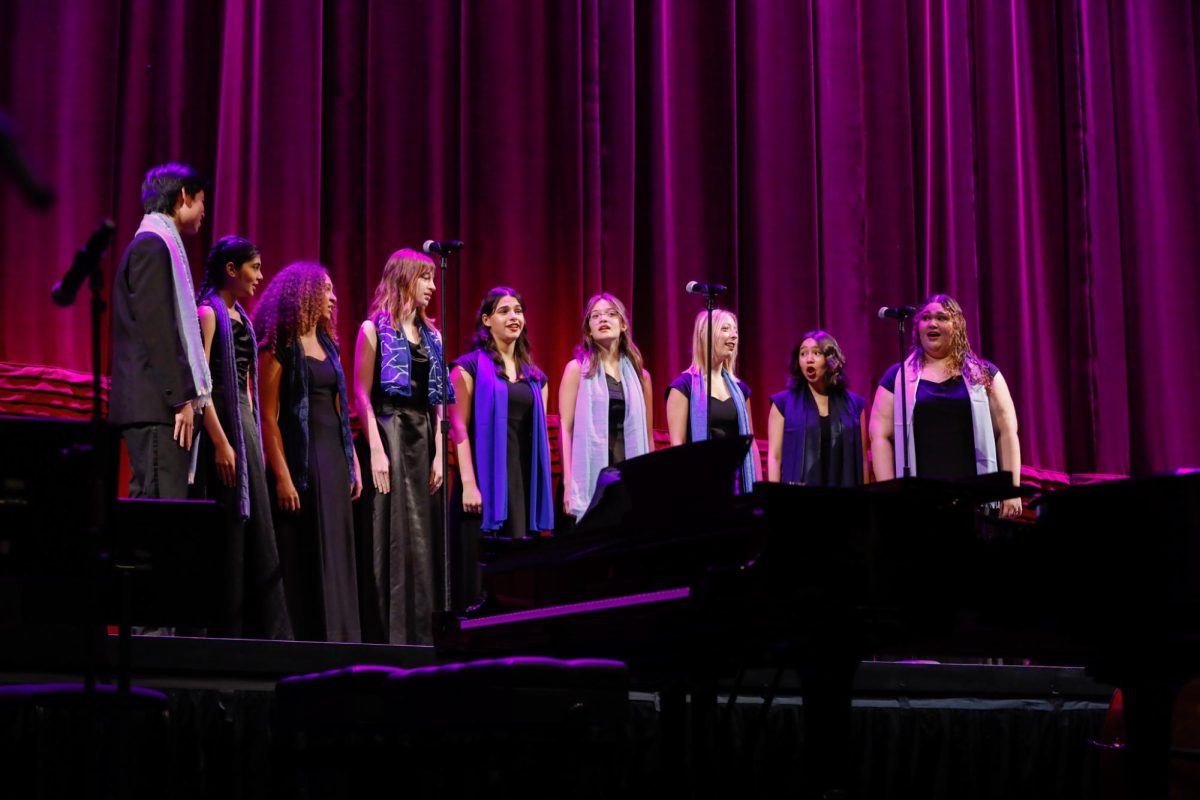
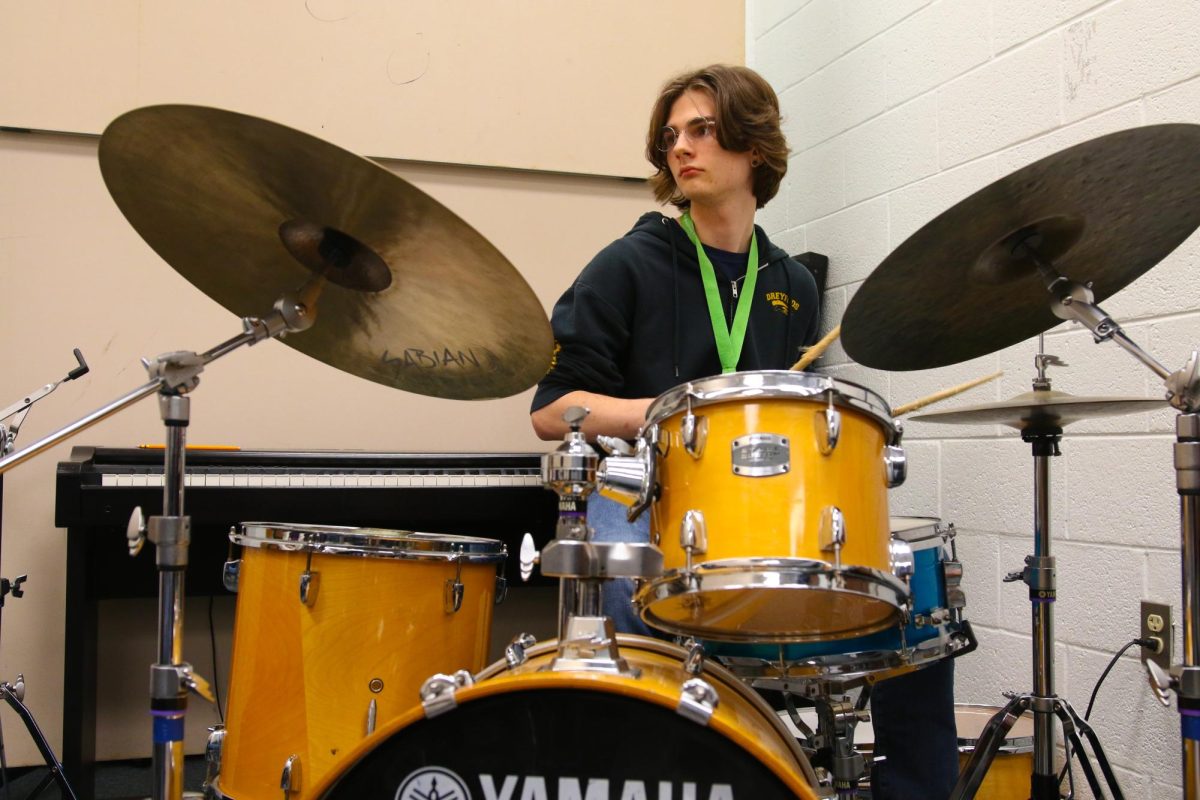

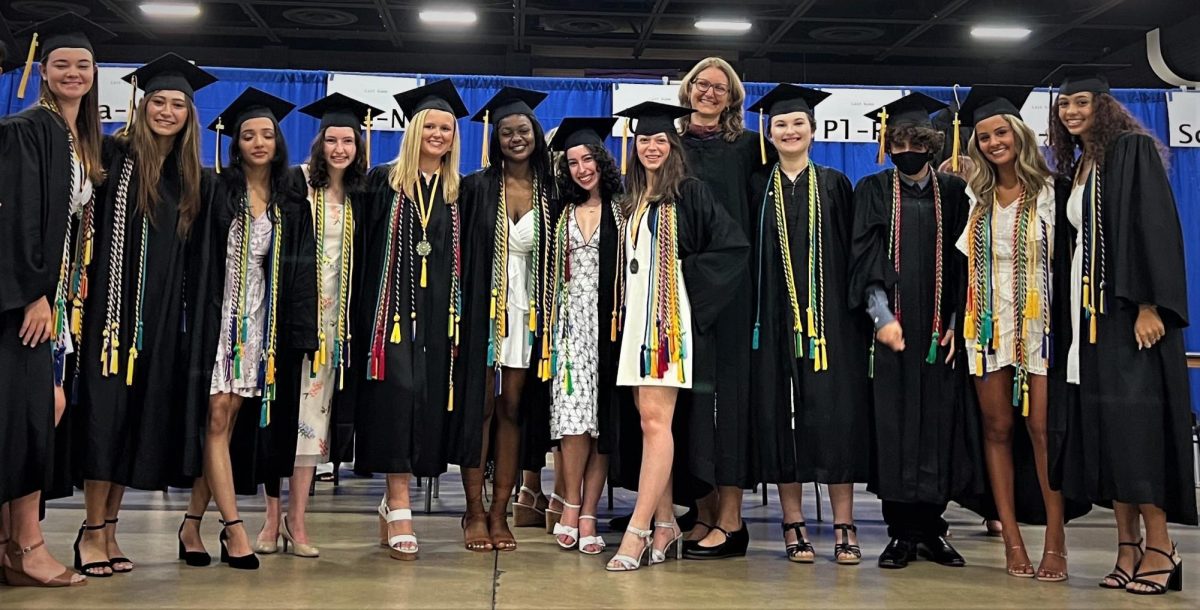

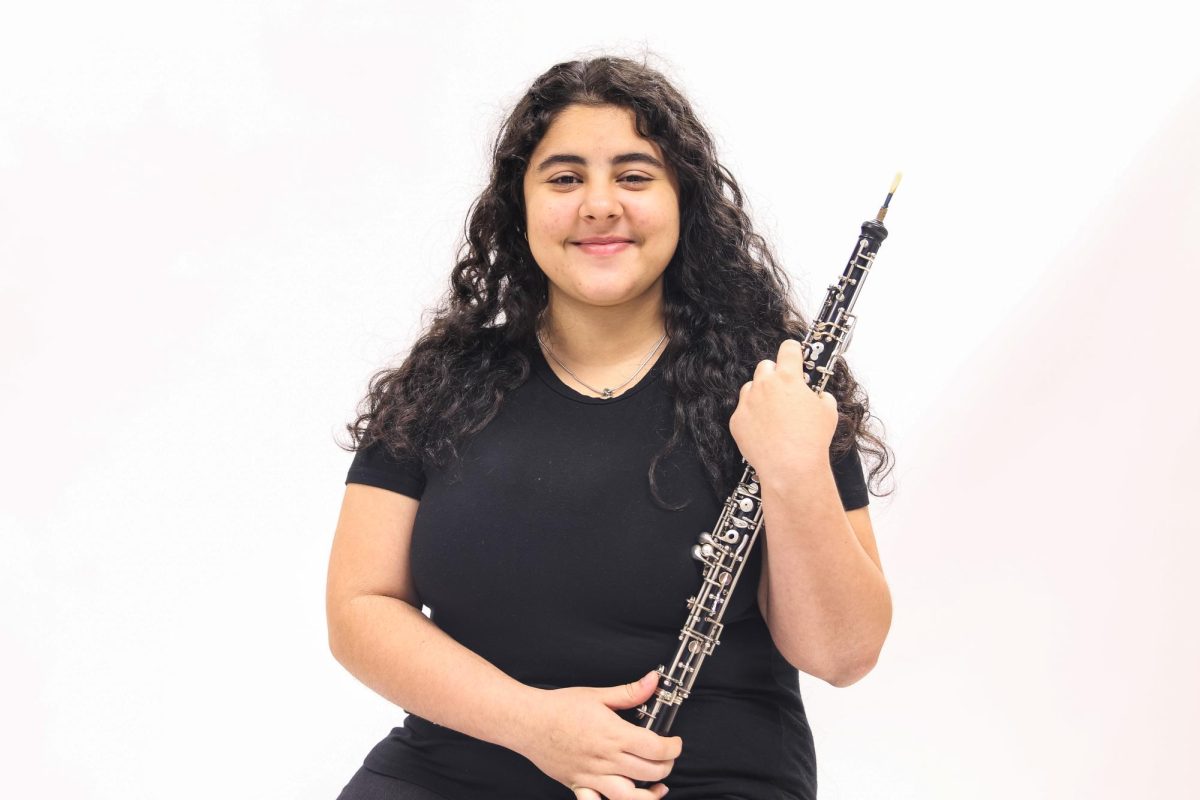
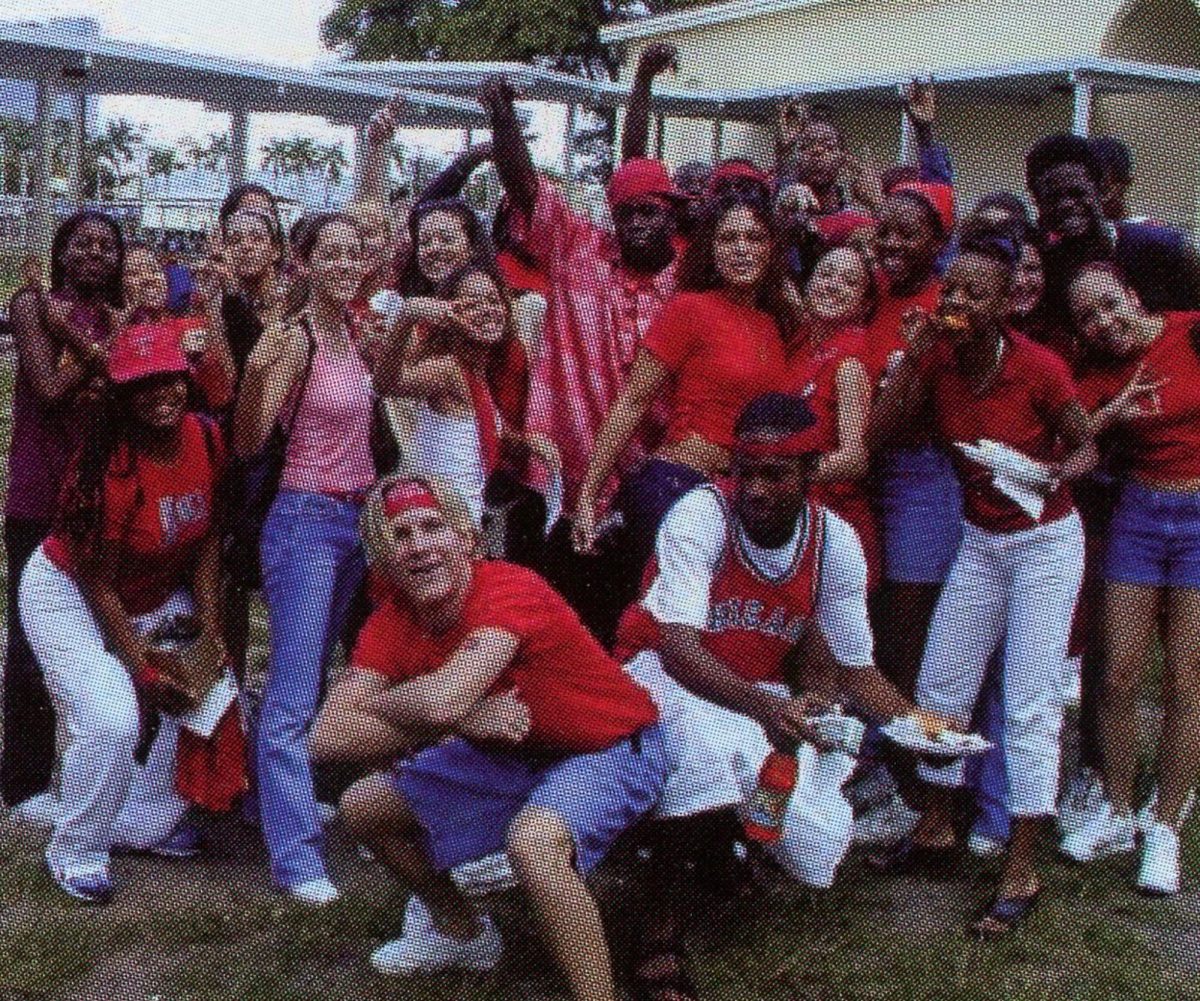
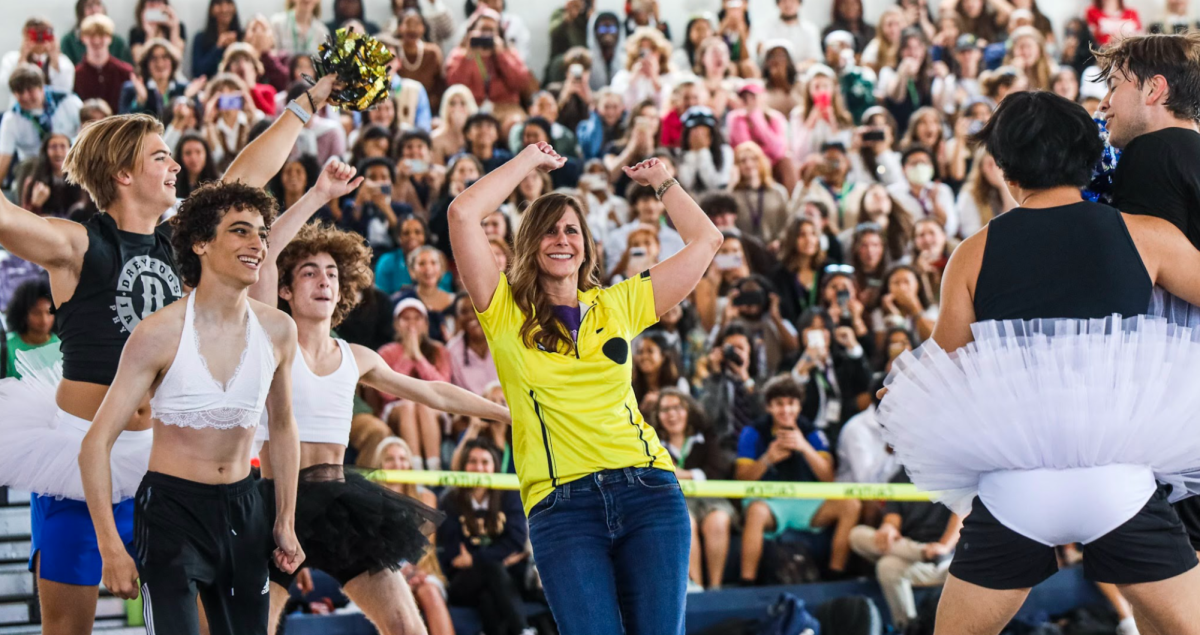


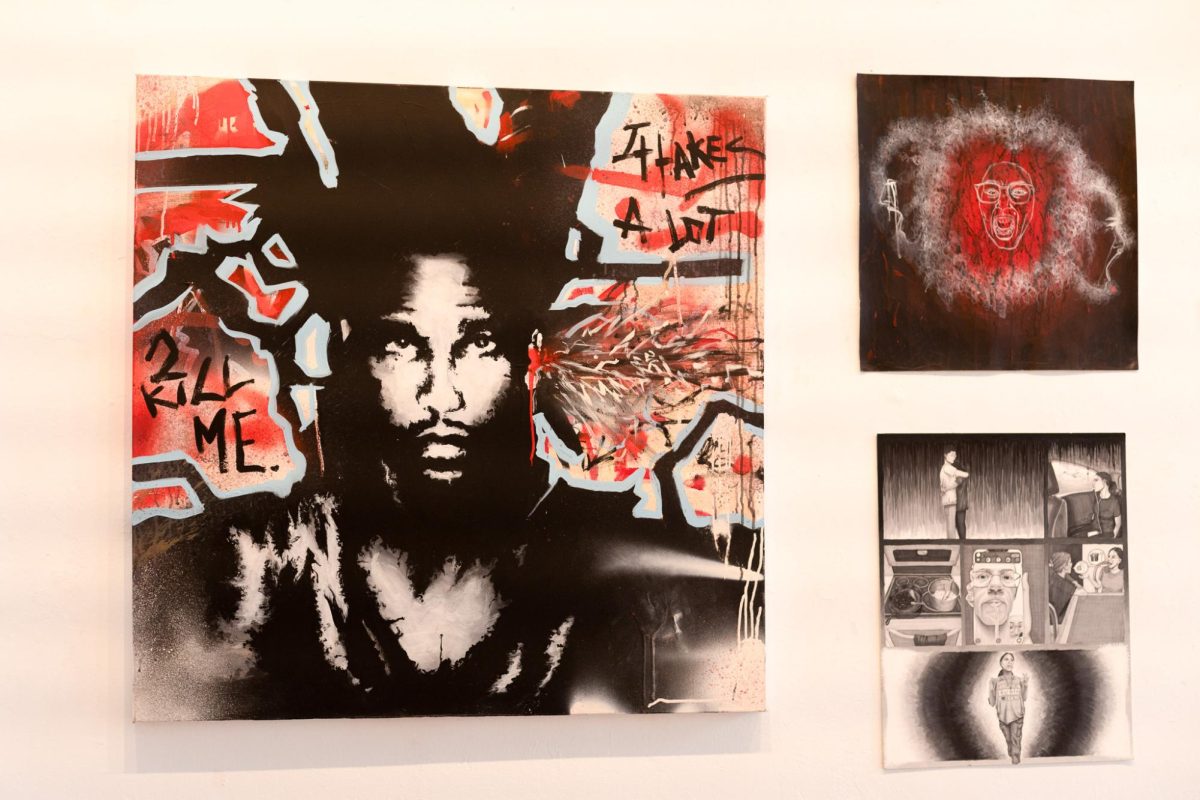


![[SATIRE] Spirit Week: Written in the Stars](https://www.themuseatdreyfoos.com/wp-content/uploads/2024/03/front.png)
